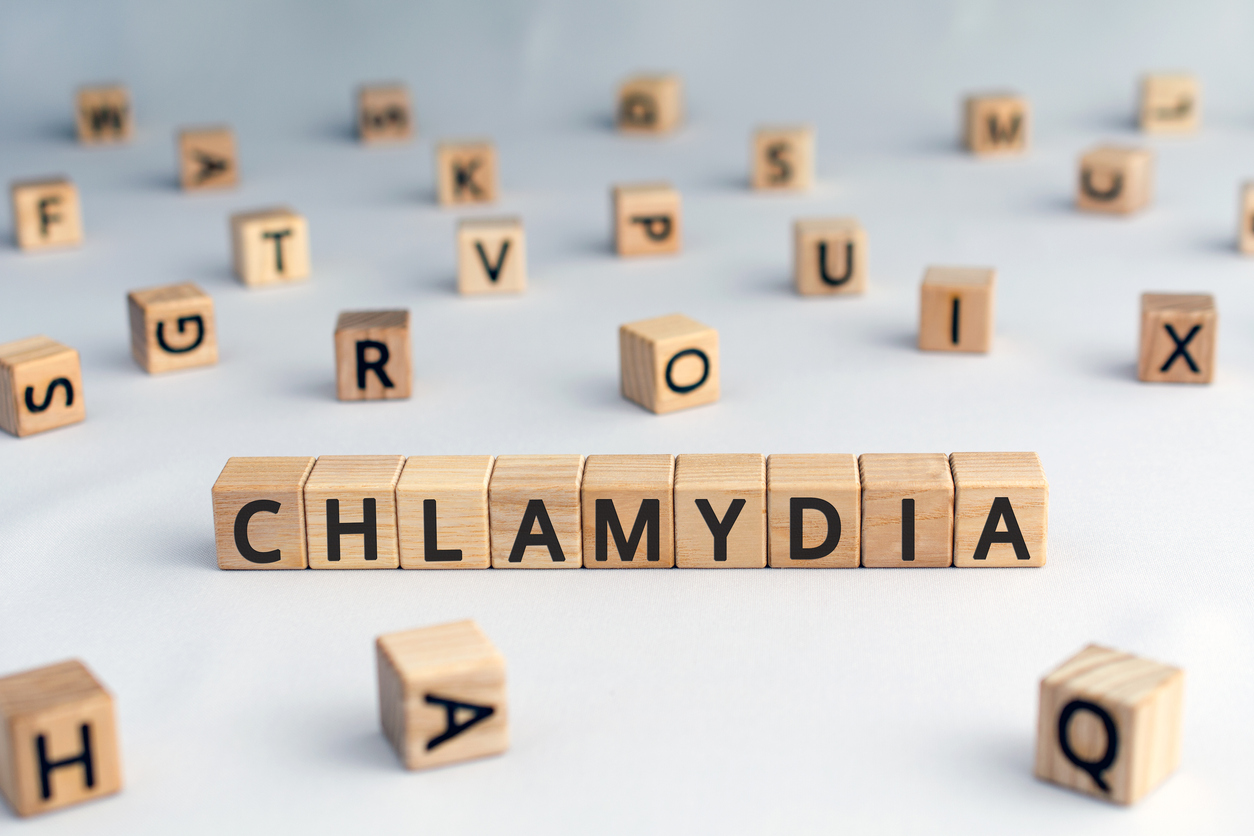
Genital hygiene: our tips
The genital area, including the surrounding skin is very delicate and can easily be damaged. There are a number of ways to protect and look after your genital skin – find out more below.

Don't
- Don’t use soaps or shower gel, including feminine hygiene products to cleanse your genitals. These products are often the leading cause of genital dryness, itching and irritation. Even those that claim to be ‘mild’ or ‘unperfumed’ can cause irritation; it is the foaming agent (lauryl sulphate) that people are sensitive to.
- Don’t over wash! Washing your genitals once a day is adequate. If you over wash, you will wash away your good, healthy bacteria. Doing this means ‘bad’ bacteria may colonise and cause you symptoms.
- Don’t douche! Douching, like over washing, runs the risk of washing away those healthy bacteria. This can again lead to soreness, dryness and irritation. It can even cause damage to the delicate lining of the vagina or anus, leaving you more susceptible to infections, including HIV.
- Don’t remove pubic hair! Pubic hair is there for a reason! It protects our genitals from external irritants, such as dirt and bacteria– much like the role of the hair on our heads, our eyelashes and eyebrows. Shaving and hair removal products cause damage to sensitive genital skin, causing irritation and localised infection such as folliculitis. It can also leave us more prone to outbreaks of genital warts and herpes simplex virus (HSV). Our skin is our first defence and if it is inflamed or broken, it provides a portal of entry, allowing these viruses to spread around the area.
- Don’t use sanitary wear unnecessarily! Sanitary towels and tampons are designed to collect blood loss (menses) during your period only. Wearing these at other times prevents our skin from being able to breathe. It can cause excess heat and sweating to the area, resulting in soreness, itching and irritation. If you have a vaginal secretion, which is perfectly normal, then it is better to change your underwear more frequently.

Do
- Do use plain water or an emollient to wash your genitals. Whilst water is fine to use alone, we recommend washing with an emollient such as aqueous cream, diprobase or double base. These are available from a pharmacy or supermarket (and online) and are very cost effective. You can apply the emollient like a cream to your genital skin before getting in the bath or shower, this will act like a barrier to other soaps and shampoos you might use. Rinse the area well when you are finished washing. Emollients are safe for daily use. If you have dry genital skin apply some before bed every night.
- Do allow fresh air to get to your genital skin! During the winter months, our genitals rarely get a chance to breathe due to us wearing multiple layers to keep warm! And in the summer, our genitals can get hot and sweaty, due to the temperature outside! When you can, e.g. when you’re at home in the evening watching TV and when you are sleeping – try to go underwear free! A loose fitting pair of pyjama bottoms works well, to cover your modesty but allows some air flow to get to the area.
- Do wear cotton (or cotton gusset) underwear. Cotton material allows our skin to breathe, whereas manmade fibres don’t and can make your skin hot, causing irritation. You should preferably use a non-biological washing powder/liquid to wash your underwear.


